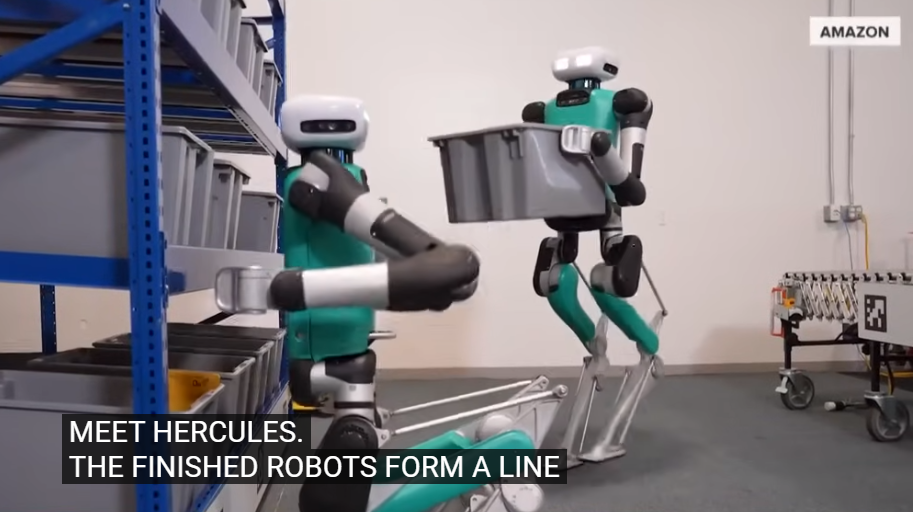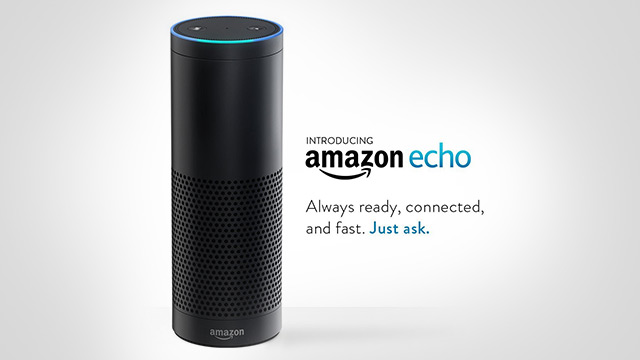
Gates is no stranger to looking at the big picture when it comes to innovation. In an interview with Fox Business, he now says that the robot takeover, which is expected to be a major turning point for people from all over the planet, should not be viewed entirely negatively. In fact, he sees it as an opportunity for growth. In his view, when this happens, humans will finally be more efficient and would be able to enjoy more free time.
"Well, certainly we can look forward to the idea that vacations will be longer at some point," Gates said. "If we can actually produce twice as much as we make today with less labor, the purpose of humanity is not to just sit behind a counter and sell things, you know?"
Here, he is referring to the fact that many AI and robotics-related tests currently being conducted across the U.S. involve taking traditional retail jobs like those that belong to cashiers, and making them doable with the use of complex machines. Low-wage staff workers are likely to suffer the most from automation, according to most experts in the field, but Gates argues that they actually stand to benefit.
According to Gates, all the impending changes should be seen as a chance to make a lot of decisions and explore other options in the future, which is a good thing "because you'll just be so much more productive." In a sense, of course, he's right: automation will free up plenty of otherwise concentrated manpower that can then be dedicated towards other things, although which ones exactly remain unclear.
However, there's also a chance that Gates is looking at things with a highly limited perspective. That is, he may be forgetting that not all people have the ability to see all the opportunities that he may already have. After all, if other people could see the same opportunities that he did throughout his life, he might have had a much harder time at becoming one of the two people who benefited the most from the IBM-Microsoft software licensing deal that turned college dropouts into billionaires.
But we're digressing. The fact remains, AI and automation through robot workers will wipe out jobs that are currently being done by actual human workers. Without any proper safety nets in place, the mass deletion of these jobs could lead to mass poverty, or worse -- mass homelessness. It's easy to think that the loss of low-paying retail jobs to automation could be a cinch to deal with, but if it's really going to happen as most experts -- such as Gates himself -- predict it will, then it's going to begin and go on at a rate that's so alarming that the lack of backup system for the millions of people who will suffer the consequences is truly disconcerting.
The robot revolution may be inevitable, but the suffering of millions of people is preventable. The price of more free time for some may be endless problems during the little time that others will have left to live after losing their jobs to machines and robots. What would wealthy businessmen and philanthropists be saying then?
The robots are coming; better get ready by subscribing to Robots.news.
Sources include:
Please contact us for more information.























